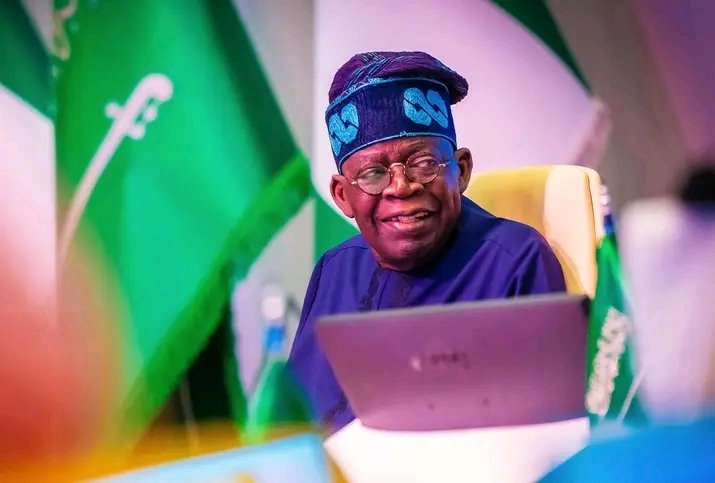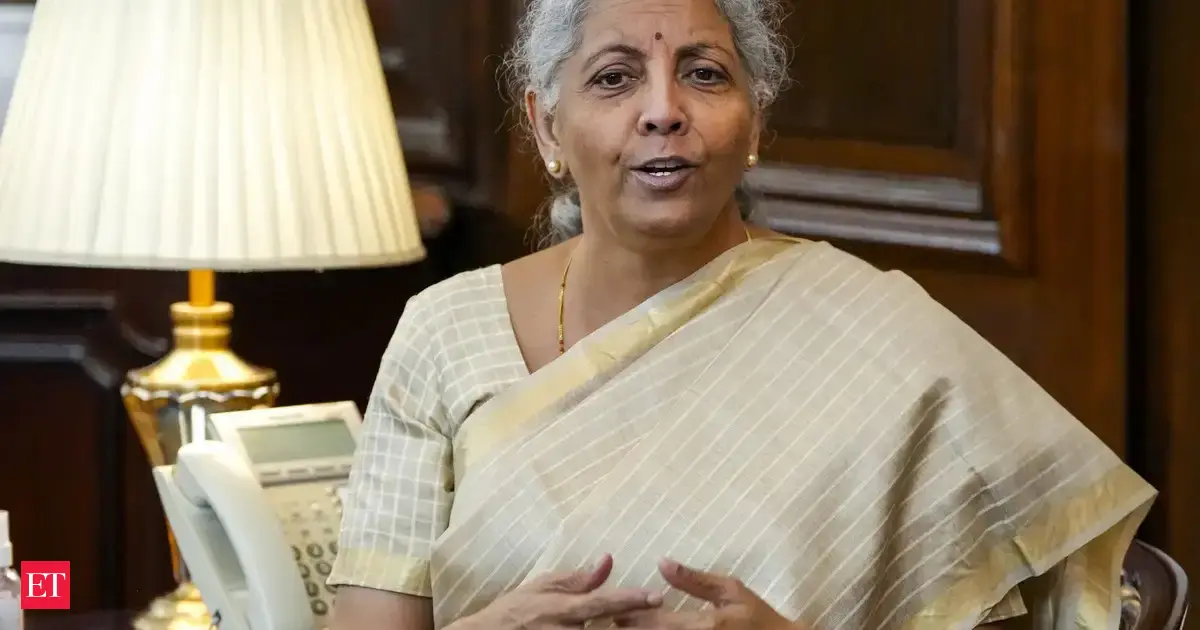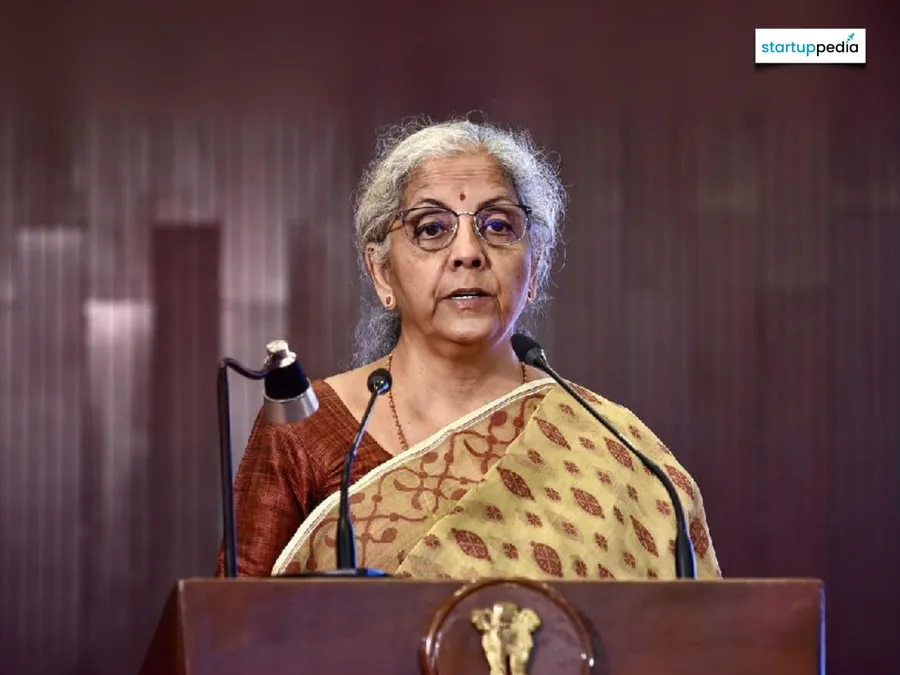By The Editor
Copyright thecitizenng

On September 4, 2025, President Bola Tinubu travelled out of the country in a demonstration of his right to free movement. His choice of destinations falls within inalienable privilege. That the trip should last 10 days is a matter of personal discretion. The decision to return or not to return is equally his to make. However, Tinubu is no ordinary Nigerian. He is the head of a constitutional democracy and is watched daily by over 200 million citizens. His liberties, therefore, have consequences, becoming either lofty examples of governance or sad instances of accountability gaps.
A statement by the Special Adviser to the President (Information & Strategy), Bayo Onanuga, framed the trip as a “working vacation in Europe.” More specifically, it explained: “President Tinubu will spend the period between France and the UK…” At seven years shy of 80, any leader deserves occasional vacations, particularly, as in this case, when the word ‘vacation’ implies a holiday affording the incumbent rest from the rigours of office, and ‘working’ connotes the need to assure Nigerians that the President never truly rests, even when he is expected to.
Had Tinubu been just another citizen, there would have been no concerns about his latest adventure outside the Motherland, the manner in which it was executed, and the implications it carries. Given that the President, who stands at the pinnacle of the country’s leadership pyramid, has in the past earned accolades as a champion of democracy and constitutionalism, the public reasonably expects his leadership to reflect the standards he once advocated.
Presidents do not merely act. Every deed amounts to a signal. And the citizenry reserves the right to dissect all signals, whether they align with the sensibilities of fair governance and the realities of daily struggles.
The Presidency’s terse 48-word (body only), three-paragraph statement announcing Tinubu’s “annual leave” and planned absence — on the very day of departure — leaves much to be desired. It bore the unfortunate semblance of surreptitious information hastily chewed and spat out to a disdained public, with a disrespectful ‘swallow this or bear it however you care.’ The President’s handlers did not have to write an extended essay. Yet, in the sensibility of most Nigerians, it is believed that words and how they are delivered are often perceived as having ‘masculine’ and ‘feminine’ variants (without offence intended to feminist or sexist sentiments).
President Tinubu’s ascension into office may have left a trail of intense politicking that pained opposition parties and millions of citizens, who felt aggrieved over the electoral outcome. However, the average Nigerian cares more about what the occupant of Aso Rock does than about who occupies it. Having been positioned as the nation’s ‘father’, President Tinubu’s ‘children’ expect a more gracious display of leadership rather than a repeat of the unfortunate precedents set by those before him.
First, there was no need to re-enact the undesirable drama of having a president jet out of the country on an “annual leave” without a formal transmission of power to the vice president. Was that why ‘working’ was forcibly prefixed into the statement? If the late President Umar Musa Yar’Adua and his handlers treated Section 145(1) of the 1999 Constitution, which mandated the delegation of presidential authority to then Vice President Goodluck Jonathan, as though it did not exist, and if the late President Muhammadu Buhari toed a similar path, President Tinubu ought not to have given detractors room to mock such disregard for the oath of allegiance to the Constitution.
Again, there should have been no need to stoke criticism about insensitivity and the timing of the trip. Tinubu’s predecessor spent about 500 days overseas during his first tenure, both for official and non-official purposes. These came against the backdrop of a nation writhing in the pangs of economic and security challenges.
Meanwhile, aside from the recent massacres of defenceless citizens by bandits and Boko Haram, financial experts have cautioned that Nigeria’s poverty figures could soon surpass the 104 million individuals forecast by the World Bank in 2023. Much as the President reserves the right to holiday overseas, many citizens are likely to interpret the latest trip as a wanton indulgence when the country desperately needs its leader’s urgent attention and presence.
Regardless of the reasons advanced for vacationing abroad, the choice raises questions. Why the UK and France? Is it because no destination in Nigeria is deemed good enough, compelling leaders to flee overseas to admire how others have built better societies? Or does the choice reflect the deeper crisis facing millions of Nigerians, that living in the country has indeed become increasingly difficult? Should the thousands of Nigerian youths in the Japa race interpret the President’s overseas trip as a miniature, yet grandiose version, of their own undertakings?
And since it is widely acknowledged that the common reason for fleeing Nigeria is summed up in the word ‘better’, should it not be inferred that the President also sought something better? A better rest, perhaps? Should critics of the overseas vacation then be condemned for suggesting that, beyond rest, what often draws leaders abroad is access to ‘better’ healthcare? Did President Tinubu need to give his detractors cause to allege that he quietly slipped away to obtain the very healthcare that billions of naira have failed to provide within Aso Rock Villa?
The Nigerian public has a right to question Tinubu’s latest courtship with the alluring ‘thing’ that so frequently woos leaders abroad at the expense of taxpayers’ funds. After all, has the President not taken the sacred constitutional vow to be faithful to the country, for better or worse? And if the President’s handlers and supporters of such trips argue that demanding probity from the beloved leader amounts to an overreach of public jurisdiction, they would only be affirming the disconnect between the leader and the led. Little wonder, then, that the annual vacation was communicated in the manner it was.
The greater test of this vacation will not lie in how well it soothes President Bola Tinubu, but in what Nigerians witness upon his return. If the holiday serves as an elixir that invigorates transformative action on the nation’s security, economic, and other challenges, then it may be judged worthy of controversy. Otherwise, it risks being remembered as yet another instance of a leader choosing comfort abroad over responsibility at home.



